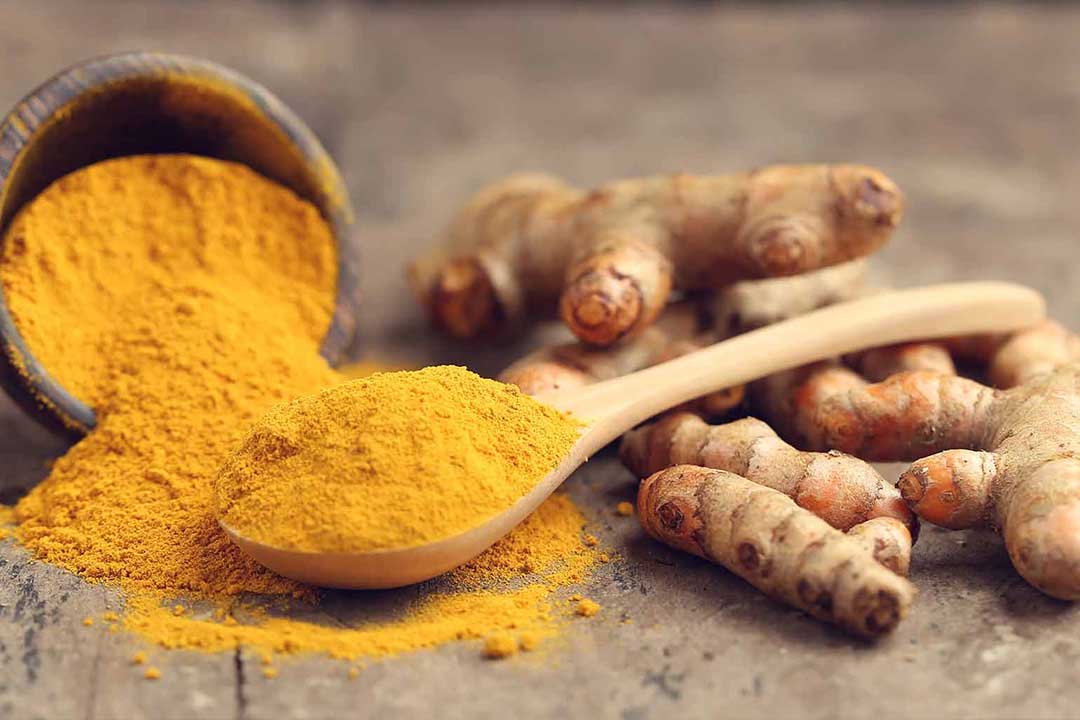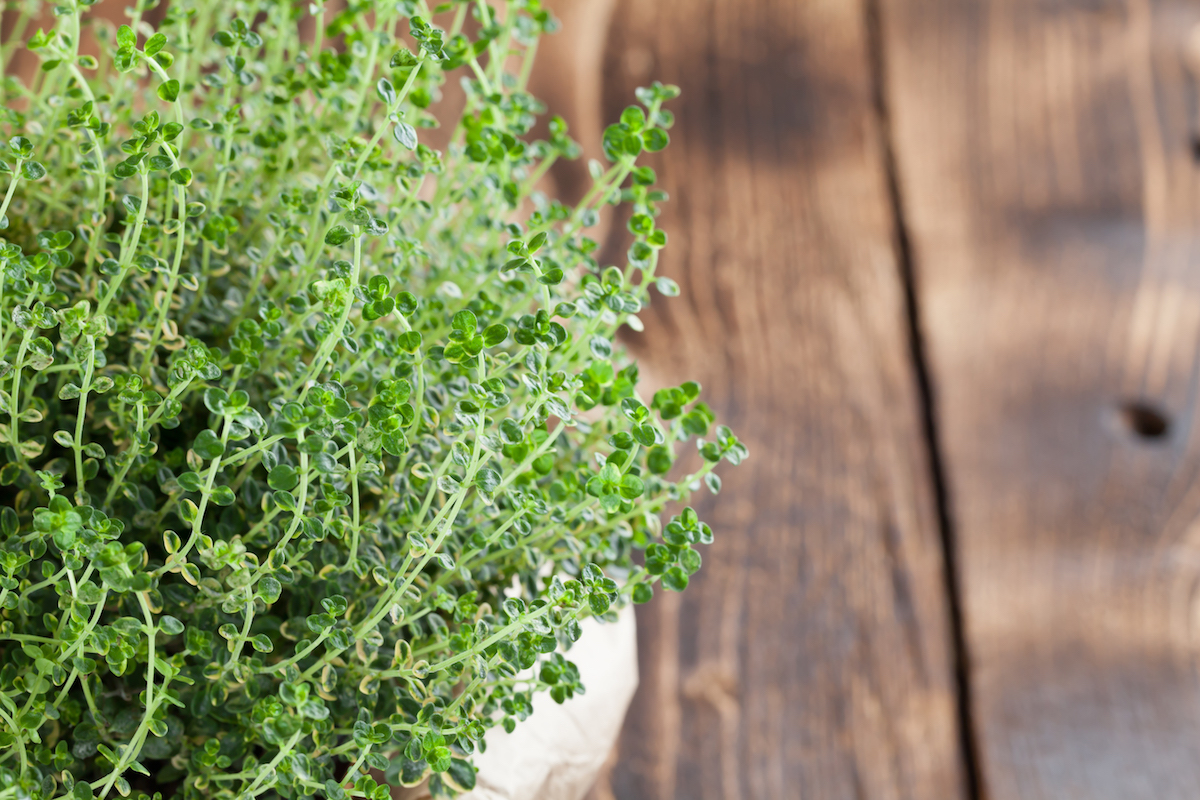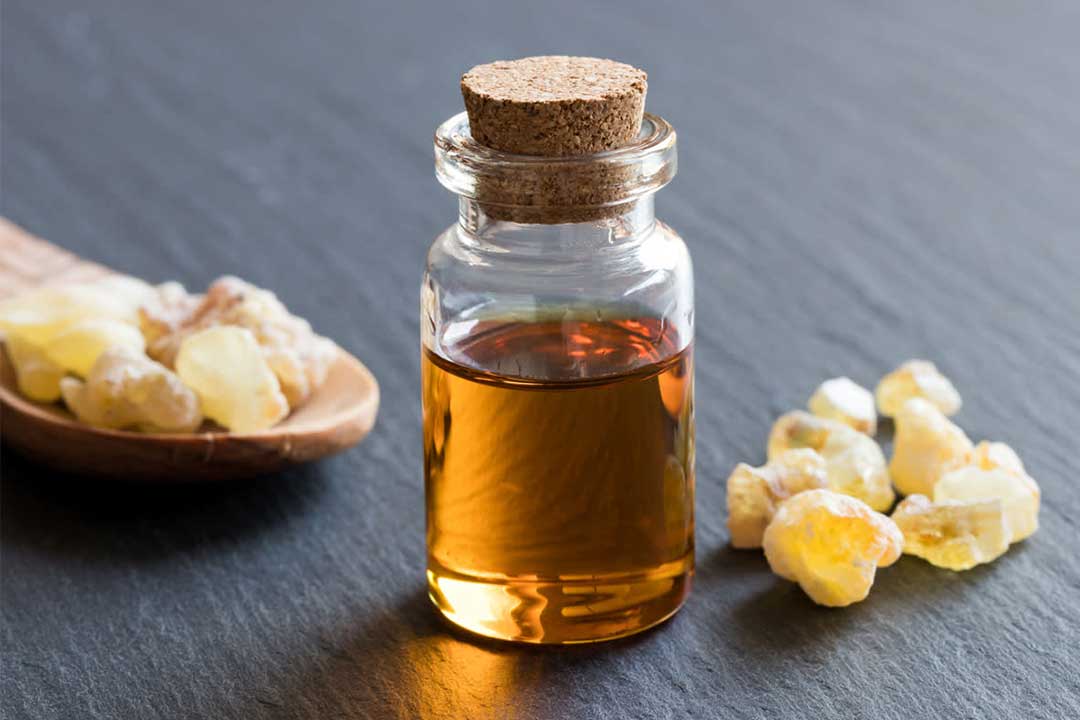
Turmeric is a spice that comes from the ground roots of the turmeric plant. This vivid yellow-orange spice is a relative of ginger that it is common in Indian, Southeast Asian, and Middle Eastern cooking. It has a warm, bitter taste and is frequently used to flavor or color curry powders, mustards, butters, and cheeses. But the root of turmeric is also used widely to make medicine. Western medicine has begun to study turmeric as a pain reliever and healing agent. Curcumin is the active ingredient in turmeric, and it has powerful biological properties.
In this article you can find out the nutritional content of turmeric and explore how it might benefit health, as well as some of its negative side effects.
Nutrition of turmeric
According to the United States Department of Agriculture (USDA) National Nutrient Database, one tablespoon (tbsp) of turmeric powder contains:
- 29 calories
- 0.91 grams (g) of protein
- 0.31 g of fat
- 6.31 g of carbohydrates
- 2.1 g of fiber
- 0.3 g of sugar
That same 1-tbsp serving provides:
- 26 percent of daily manganese needs
- 16 percent of daily iron
- 5 percent of daily potassium
- 3 percent of daily vitamin C
Positive side effects
While turmeric is a flavorsome spice that is nutritious to consume, it has also traditionally been used in Ayurvedic and Chinese medicine to treat inflammatory conditions, skin diseases, wounds, digestive ailments, and liver conditions.
Anti-inflammatory properties
The Arthritis Foundation cites several studies in which turmeric has reduced inflammation.
This anti-inflammatory ability might reduce the aggravation that people with arthritis feel in their joints.
The foundation suggests taking turmeric capsules of 400 to 600 milligrams (mg) up to three times per day for inflammation relief.
Pain relief
Turmeric is thought of as a pain reliever. The spice is reputed to relieve arthritis pain as well.
Studies seem to support turmeric for pain relief, with one study noting that it seemed to work as well as ibuprofen (Advil) in people with arthritis in their knees.
Though dosing recommendations seem to vary, those who participated in the study took 800 mg of turmeric in capsule form each day.
Improving liver function
Turmeric has been getting attention recently because of its antioxidant abilities.
The antioxidant effect of turmeric appears to be so powerful that it may stop your liver from being damaged by toxins. This could be good news for people who take strong drugs for diabetes or other health conditions that might hurt their liver with long-term use.
Possibly reducing the risk of cancer
Curcumin shows promise as a cancer treatment. Studies suggest it has protective effects against pancreatic cancer, prostate cancer, and multiple myeloma.
Digestion
Turmeric adds flavor to food, which explains its presence in curry powder. However, turmeric can also play an important role in digesting that food.
The spice can contribute to healthy digestion as a result of its antioxidant and anti-inflammatory properties.
Turmeric is used in Ayurvedic medicine as a digestive healing agent. Western medicine has now begun to study how turmeric can help with gut inflammation and gut permeability, two measures of digestive efficiency.
The spice is even being explored as a treatment for irritable bowel syndrome (IBS).
Including turmeric in the diet
Turmeric is a highly versatile spice that can be added to meals in a range of ways, including:
- Adding turmeric into spice mixtures such as curry or barbecue rub
- Making a homemade dressing using part oil, part vinegar, and seasonings including turmeric
- Changing up your go-to marinades by adding turmeric.
Turmeric is also available as a supplement in powder-containing capsules, fluids, extracts, and tinctures. Bromelain, a protein extract derived from pineapples, increases the absorption and effects of turmeric so is often combined with turmeric in these products.
You should check with a doctor before taking any supplements to ensure they are safe for you to use.
Side effects of turmeric
While turmeric does provide potential health benefits, it creates some risks that are worth considering before consuming large amounts.
Upsetting the stomach
The same agents in turmeric that support digestive health can irritate when taken in large amounts. Some participants in studies looking at the use of turmeric for cancer treatment had to drop out because their digestion was so negatively affected.
Turmeric stimulates the stomach to produce more gastric acid. While this helps some people's digestion, it can negatively affect others.
Blood-thinning properties
The purifying properties of turmeric may also lead to easier bleeding more easily. The reason for this is unclear. Other suggested benefits, such as lowered cholesterol and lowered blood pressure, might have something to do with the way turmeric functions in your blood.
People who take blood-thinning drugs, such as warfarin (Coumadin), should avoid consuming large doses of turmeric.
Stimulating contractions
You may have heard that eating foods seasoned with curry can stimulate labor. Although there exists little clinical data to back up this claim, studies suggest turmeric can ease symptoms of PMS.
Pregnant women should avoid taking turmeric supplements because of its blood-thinning effects. Adding small amounts of turmeric to food as a spice should not cause health problems.
Takeaway
It appears that there are health benefits to including turmeric in your diet. The golden spice supports immune health, helps relieve pain, and can aid in digestion, among other things. But because of some of its side effects, turmeric may not be worth taking for some people.
It is important to use caution when deciding whether turmeric is something you need to try. As with any alternative therapy, speak with your doctor before you use turmeric to treat any health condition that you have.





